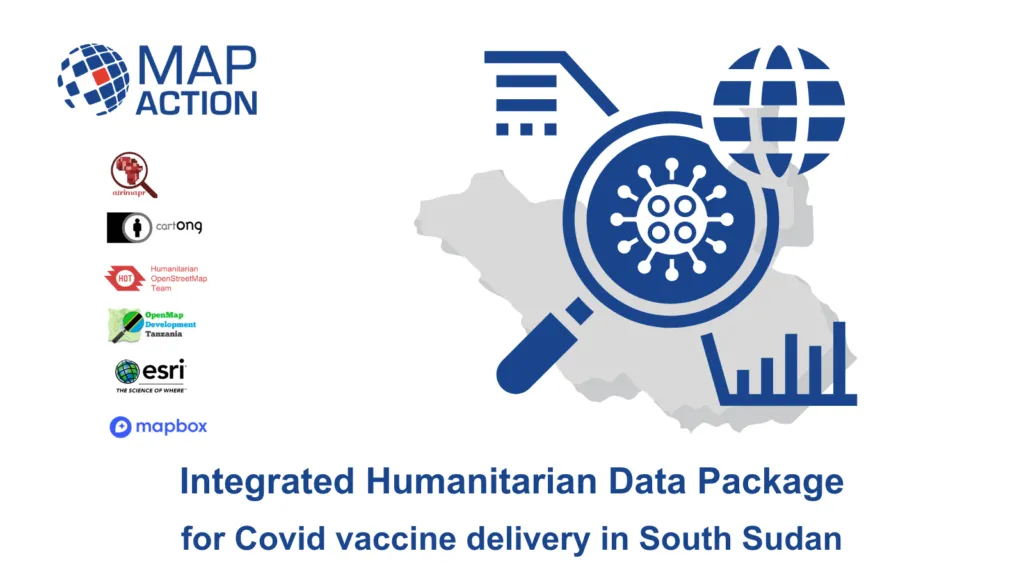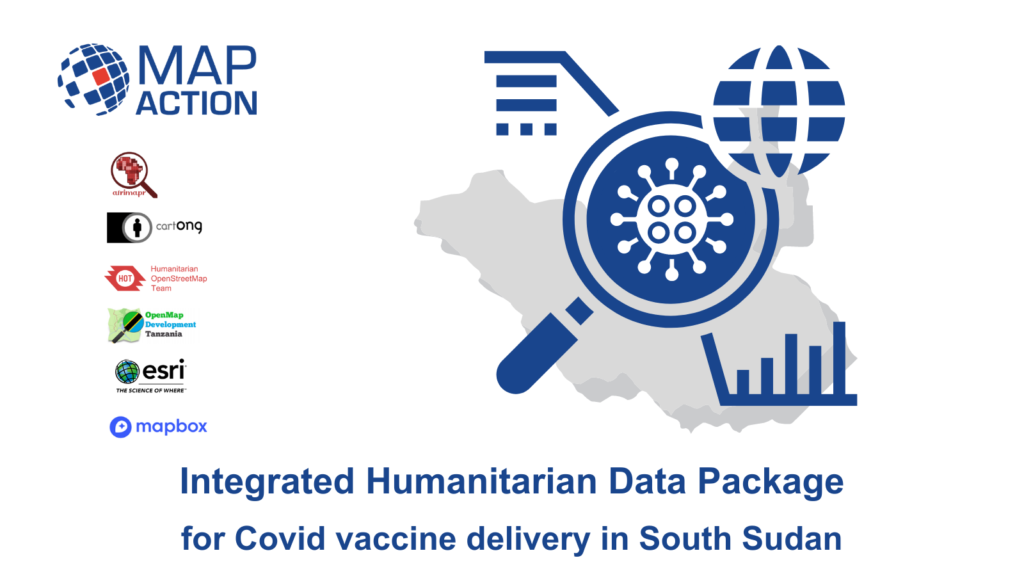
2022 Global Top 100 Geospatial Companies – Nomination status and deadline
2021 is slowly inching to its grand finale and so is the deadline for nominating your company to the #GlobalTop100Geo list aka ‘Top 100 Geospatial Companies’ compiled by Geoawesomeness since 2016. Many of you have written to us in the last days requesting for clarifications and a short extension in the deadline for nominating your company.
In order to make it easier for you who haven’t yet had the opportunity to nominate your company – we have decided to extend the deadline for nomination from 15th December 2021 to 24th December 2021.
NOW is the chance for you to nominate your company and present it in all its glory to the wonderful panelists 🙂 Quite a few new companies in the geospatial sector have taken the opportunity to nominate themselves. Double-check that your company is nominated and if not, make sure to do so.
Here is the link to the official nomination form.
Frequently Asked Questions
How can I ensure my company is considered and potentially makes it to the 2022 list?
As the age old saying goes ‘out of sight, out of mind’ – if you don’t nominate your company then its very likely that your company isn’t considered. Therefore the best chance you have to ensure that your company makes it to the 2022 list is to ensure that you or a member of your company nominates it via our form.
When will the list be published?
31st January 2022 – Join the geoawesomeness team and the panelists in our live event where we will announce the list and more (register for the 2022 #GlobalTop100Geo reveal).
Who decides the list? What is the process?
The list will be decided based on the votes by 12 Geospatial experts. Here are the experts who will decide the 2022 list:
- Dr. Nadine Alameh, CEO of Open Geospatial Consortium
- Denise McKenzie, Chair of the Association for Geographic Information in UK
- Justyna Redelkiewicz, Head of Section Consumer Solutions, Market and Technology at the European Union Agency for Space Programme (EUSPA)
- Carly Morris, Head of Geovation at Ordnance Survey
- Eldrige de melo, Director at Satellogic
- Olivia Powell, International Lead at The Geospatial Commission in Cabinet Office and Co- founder and Director at Women+ in Geospatial
- Sives Govender, Research Group Leader, CSIR, South Africa and Co- founder and coordinator of Environmental Information System-Africa
- Jonathan Neufeld, CEO of TECTERRA
- Osamu Ochiai, Senior Engineer, Manager for Satellite Applications and Operation Center at Japan Aerospace Exploration Agency
- Ng Siau Yong, Director of GeoSpatial and Data Division & Chief Data Officer at the Singapore Land Authority
and
- Aleksander Buczkowski and Muthukumar Kumar for Geoawesomeness
Whom do I contact in case of questions or clarifications?
Please send us an email at info@geoawesomeness.com








 Covid-19 has been tough for us all and the development of Covid-19 vaccines is starting to offer a lifeline to the world. But, for many, especially those in the world’s poorer countries, it’s yet to make an impact.
Covid-19 has been tough for us all and the development of Covid-19 vaccines is starting to offer a lifeline to the world. But, for many, especially those in the world’s poorer countries, it’s yet to make an impact.